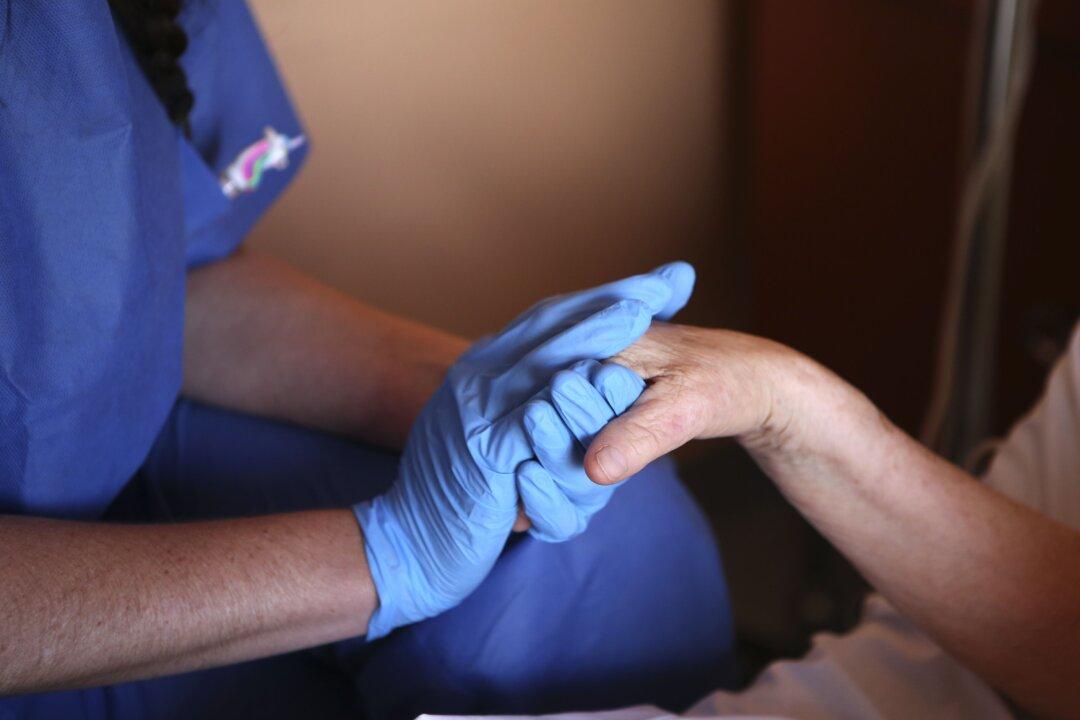New policy guidelines for medical assistance in dying (MAID) in Canada suggest patients be allowed to donate their organs to loved ones, an incentive some MAID opponents say could encourage more people to end their lives who otherwise wouldn’t.
Usually when organ donors die, the organs go to recipients most in need and the best match without the donor being able to choose a recipient ahead of time. Only in the case of living donations, such as a healthy person donating a kidney to a relative, is a “directed donation” permitted.





